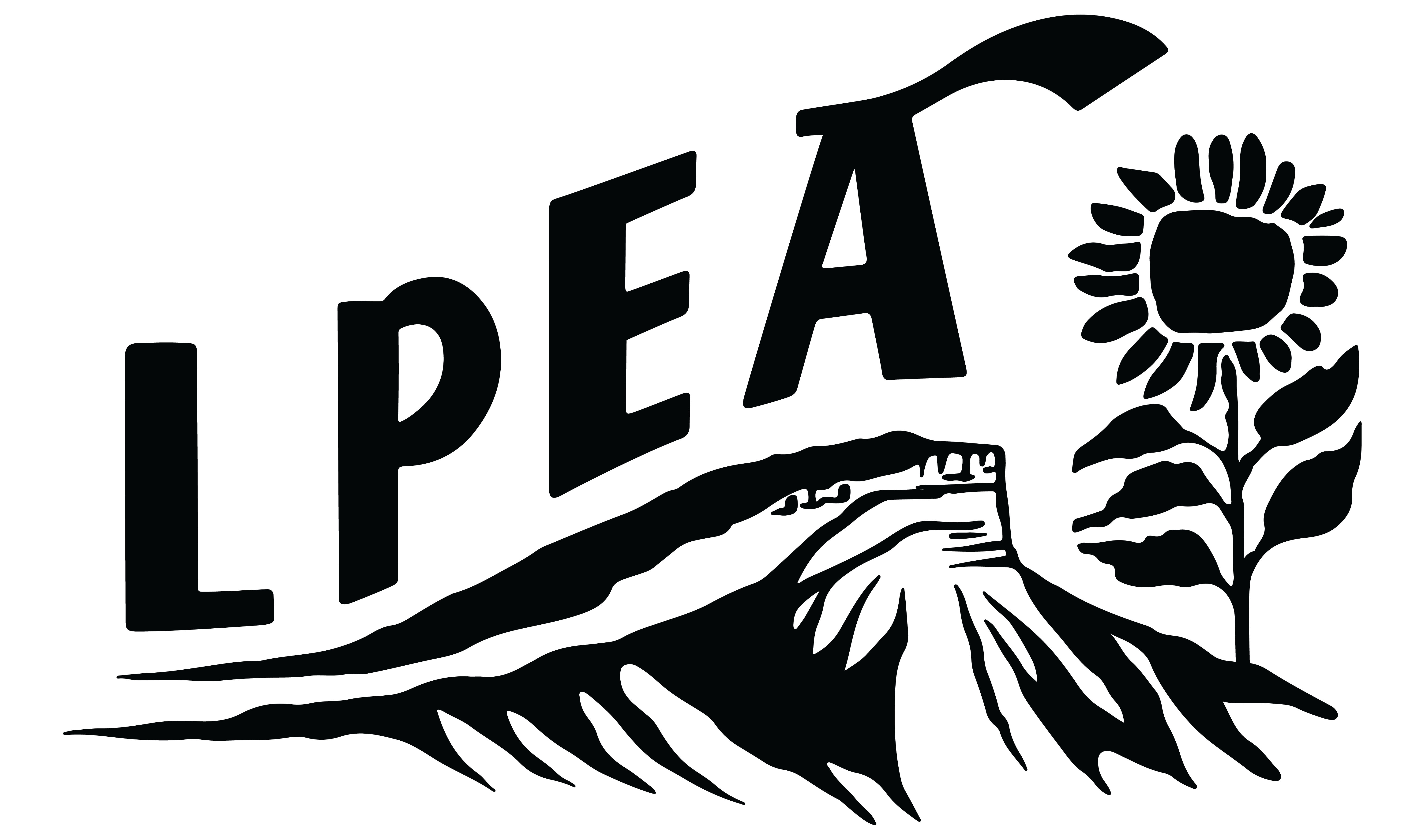
LPEA is seeking members, or former members, who are due to receive Capital Credits refund monies. Capital Credits are LPEA’s margins or revenues remaining after all expenses have been paid. As LPEA is a not-for-profit utility delivering service to our members at cost, any payments made by members in excess of the cost to provide their electric service is placed into a patronage capital account in each member’s name. When the cooperative is able, Capital Credits are returned to members. The dollars become “unclaimed” after three years, when LPEA cannot locate members deserving of the refund. The board has determined that these unclaimed funds should be invested in the community and thus established the Educational/Special Project Grants program.
The names listed herein are of persons or businesses whose capital credit money has gone unclaimed because of an invalid address or whose capital credit checks have gone uncashed. La Plata Electric Association Inc. would like to refund this money. If you know someone on this list, please have them contact our office (970) 247-5786. Identification will be required in order to claim money. Monies not claimed as outlined in the Bylaws of La Plata Electric Association Inc. shall be extinguished and forever barred. Unclaimed monies will be used for purposes as set forth in the Bylaws. This list has also appeared in local newspapers throughout LPEA’s service area.
2020 Unclaimed Capital Credits List (PDF file)
Unclaimed Capital Credits Q & A
What are capital credits?
Capital credits represent each member’s ownership of the cooperative. They are the margins credited (or allocated) to the members of the cooperative based on their purchases from the cooperative the previous year. These margins are used by the cooperative as capital to operate the business for a period of time. Capital credits should not be confused with profits, which are a return on capital. Retirement of capital credits is a return of member-furnished capital. Cooperatives exist not to make a profit but to provide low-cost electricity.
What’s the difference between an allocation and a retirement?
Allocations are made annually for each member, based upon the amount of electricity purchased the previous year. An allocation is the amount set aside into a separate account to be used as operating capital for reliability improvements and maintenance over a period of years. Your allocation notice will be mailed to you usually during the month of May.
A retirement is the amount you receive back as a capital credit refund. It is a percentage of your total capital credit balance. The percentage to retire is decided by the board of directors annually, based upon the financial condition of the cooperative. LPEA retires capital credits on a 21-year cycle, so that margins allocated to members from 1998 were retired in 2019. Rural electric co-operatives generally retire capital credits on a cycle of 20-30 years.
Can I use my capital credit allocation to pay on my bill?
No. Allocations are used as the operating capital of the cooperative. They are not available until a percentage is retired and refunded back to you as the Cooperative’s financial condition warrants and the board of directors approves.
Why can’t my capital credit allocations be refunded to me all at once?
Remember that capital credit funds are used for reliability improvements and maintenance—and these are long term investments. Capital credits cannot be refunded all at once because they help the cooperative remain financially sound, thereby ensuring a stable, reliable electric service for the benefit of the members we serve.
How are my capital credit allocations used until I receive them?
Capital credit allocations are pooled together and used as operating capital so that we can serve our members with reliable power. These funds pay for power reliability improvements and maintenance such as replacing power lines or building substations. If we refunded the total amount of allocations, we would have to borrow that amount of money in order to continue operating. Having operating capital helps the cooperative minimize the amount of high-interest money it must borrow, which in turn helps lower member’s costs by stabilizing rates.
When do you refund (or retire) capital credits?
When the board of directors has determined the financial condition allows a retirement of capital credits, the board of directors can approve a certain percentage of the capital credit funds to be retired (or refunded) to the membership.
How will I receive my capital credit refund?
A check will be mailed to you, usually during the month of December.
Why do you use a capital credits system?
Cooperatives operate on a set of seven ethical principles that include a self-supporting system of operations. This system calls for a portion of any funds left over at the end of the year after all expenses are covered to be allocated to those who used and paid for their services, the member-owners. Capital credit allocations help a cooperative qualify for cooperative status under federal income tax law, which reduces cost to the member-owners. Furthermore, the capital credits system of allocations and refunds helps keep member’s rates lower by reducing the amount of the cooperative’s debt.
What happens to my capital credits if I move?
Capital credits cannot be refunded when you move because they are used for long term investments and operating the cooperative to provide reliable service to its members. Because capital credit retirements are paid a number of years after the credits are earned and allocated to your account, always keep the cooperative informed of any address and telephone changes.
What happens to the capital credits of a deceased member?
In the event a member dies, the capital credits in the member’s account become a part of the estate. In order to assist the member’s heirs or beneficiaries in closing the estate, the capital credits are retired. Upon request by the personal representative of the estate, or the heirs of a deceased member where no personal representative has been appointed, the cooperative will provide a listing of the documentation required to retire the account. In the event of death of either partner where joint membership was held, one-half of the accumulated unretired capital credits will be paid to the surviving partner and a new single membership will be set up.
Can a business or trust earn capital credits?
All members of the cooperative earn capital credits whether it be a person, trust or a business. It all depends on how the membership is opened at the cooperative. Capital credits are allocated to entities in the same manner as they are to a natural person. Refunded capital credits may or may not be taxable based on the member treatment of the prior payments of electrical service on their tax returns. However, as we cannot give tax advice and each entity’s situation is different, we encourage you to contact your tax advisor if you have a specific question.
What happens when a corporation/partnership or trust is dissolved or liquidated?
Corporations, partnerships and trusts receive refunds of their allocated capital credits when the board of directors authorizes a general retirement. When a corporation, partnership or trust decides to dissolve or liquidate its assets, capital credits are not payable at this time. Members will need to contact their attorney or tax accountant to determine their options for assigning the capital credit assets for future general retirements.
What happens to capital credits when the owner of a sole proprietor business passes away?
When the owner of a business is operating as an individual under an assumed business name passes away, the capital credits may be payable to the estate of the deceased natural person owning the business. It is important to retain your tax documents showing the business operating as an individual under an assumed business name, such as an IRS 1040 with the Schedule C.
